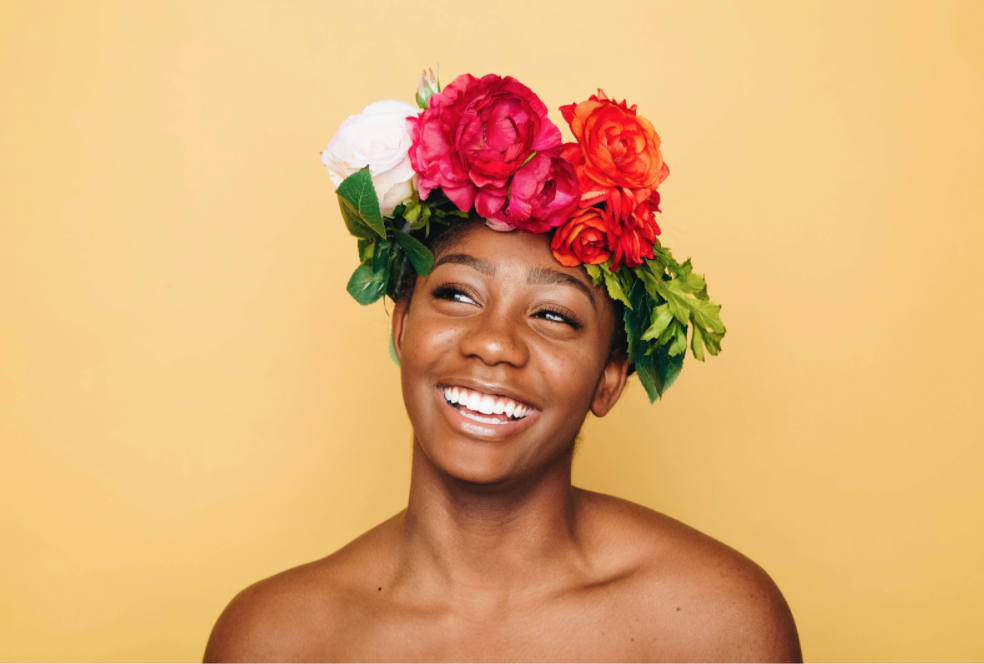Skincare: The Star of the Multi-Billion Dollar Global Beauty Industry
Is it just me, or in the past few years, has the beauty/skincare industry blown up? I mean, I acknowledge in the older generation (my mom's, let's say) there have been very popular brands offering BB creams, CC creams, XYZ creams that treat wrinkles and have anti-aging effects. Regeneration of skin, 'cancelling out' of laugh lines, and crows-feet-be-gone were the major points of attraction for the more mature crowd for decades. But in the past few years, I've noticed, there's been a lot more attention paid to skincare within the younger generation. In this attention shift, the trend of beauty is also changing, because it means that the "beauty consumer is changing in how they define beauty and demanding an inclusive and authentic image" that is more reflective of their own experience, and that of their family members, neighbours, and friends (1).
With my limited experience and insight, I chalk this up to two reasons: 1) there's more awareness, and 2) there's more hype. I know they sound like the same thing, but they're actually quite different as contributors.
The first is awareness, which I think is a good thing. Young women, especially, are now more inclined to care for their skin than even the young women of 10 years ago. I'm thinking about my parents' friends, many of whom had daughters that were older than me by several years. I remember when we met anytime in their university/young adulthood years (while I was probably still in middle school) at family gatherings, they were barely pulling together their makeup looks - experimenting with winged liner and lip gloss (yes, pink lip gloss is so 2008!). Since then, I've witnessed the trajectory of young women with an increased makeup uptake, if I may call it that, with a focus on skincare standing out in recent years.
In a September 2017 press release, the NPD Group, an industry research company, said that the Canadian beauty industry was up +9.4% to $1.13B YTD (2). Interestingly, they also reported that this uptake, and "the double digit growth in the two years prior," was fuelled primarily by the skincare segment, as the Korean beauty trend (characterized by luminous, glowing, dewy, natural-looking skin) continued to influence the market significantly, and push sales up significantly of various skincare products like facial moisturizers (+52%), sheet masks (+64%), lip treatment serums (+180%), and face mists (+313%) (3). People evidently want better skin and are willing to pay the big bucks to acquire the products for it, provided that the beauty products they're being offered are able to cater to their age, skin type, and ethnicity.
The second contributor is the hype around makeup and skincare in social media. Yes, I sound like a 60-year-old auntie, blaming everything 'these youngsters do' on social media, but it's true. "The rise of beauty vloggers sharing YouTube tutorials and posting about their favorite lipstick on Instagram continues to change the way consumers discover new products and engage with brands” (4). The way we shop now has become significantly easier - tap here, swipe up there, and click to use your auto-saved credit card on your browser. The hype of social media beauty blogs, plus the ease of online shopping access, has contributed to the now-$532B worldwide beauty industry (of which the USA is the largest consumer, at 20% share) and by 2025, the industry is expected to grow to over $800B (5). And the hype /ease of access doesn't stop at just beauty bloggers and Instagram influencers; big brands are actually tapping into this trend as well. Lululemon, famous for luxury athleisure clothing, announced in 2019 that they were also entering the self-care (beauty) market, introducing an in-house line skincare and beauty products like moisturizer and lip balm(6). Around the same period, H&M in the UK reported increasing its offering of beauty-related products by a staggering +94.8% in 2019 compared to 2018 (7). The hype isn't just with consumers, but definitely present with retailers as well.
In early 2020, research giant Statista reported that skincare single-handedly represents about 39% of the global beauty industry, and hair care represents another 21%, with makeup representing only 19%(8).This split clearly shows that the focus of current and emerging beauty trends are focused around self-care, being 'natural,' and taking care of our bodies. In a time of promoting positive body image and celebrating the colour (and quality and consistency and everything) of peoples' varying skin, it's no doubt that the skincare segment is the one which is the most saleable, the most profitable, and the most attractive for our consumer dollars to go... the skincare segment is truly the star of the beauty industry.
Sources
4,7 https://www.businessinsider.com/beauty-multibillion-industry-trends-future-2019-7
6 https://fashionista.com/2019/06/lululemon-self-care-beauty-products-launch-review
8 https://www.statista.com/topics/3137/cosmetics-industry/
Reference images
Serum bottle (thumbnail): https://unsplash.com/photos/WdJ4WnLxyDs
Woman in flower tiara: https://unsplash.com/photos/vTL_qy03D1I

